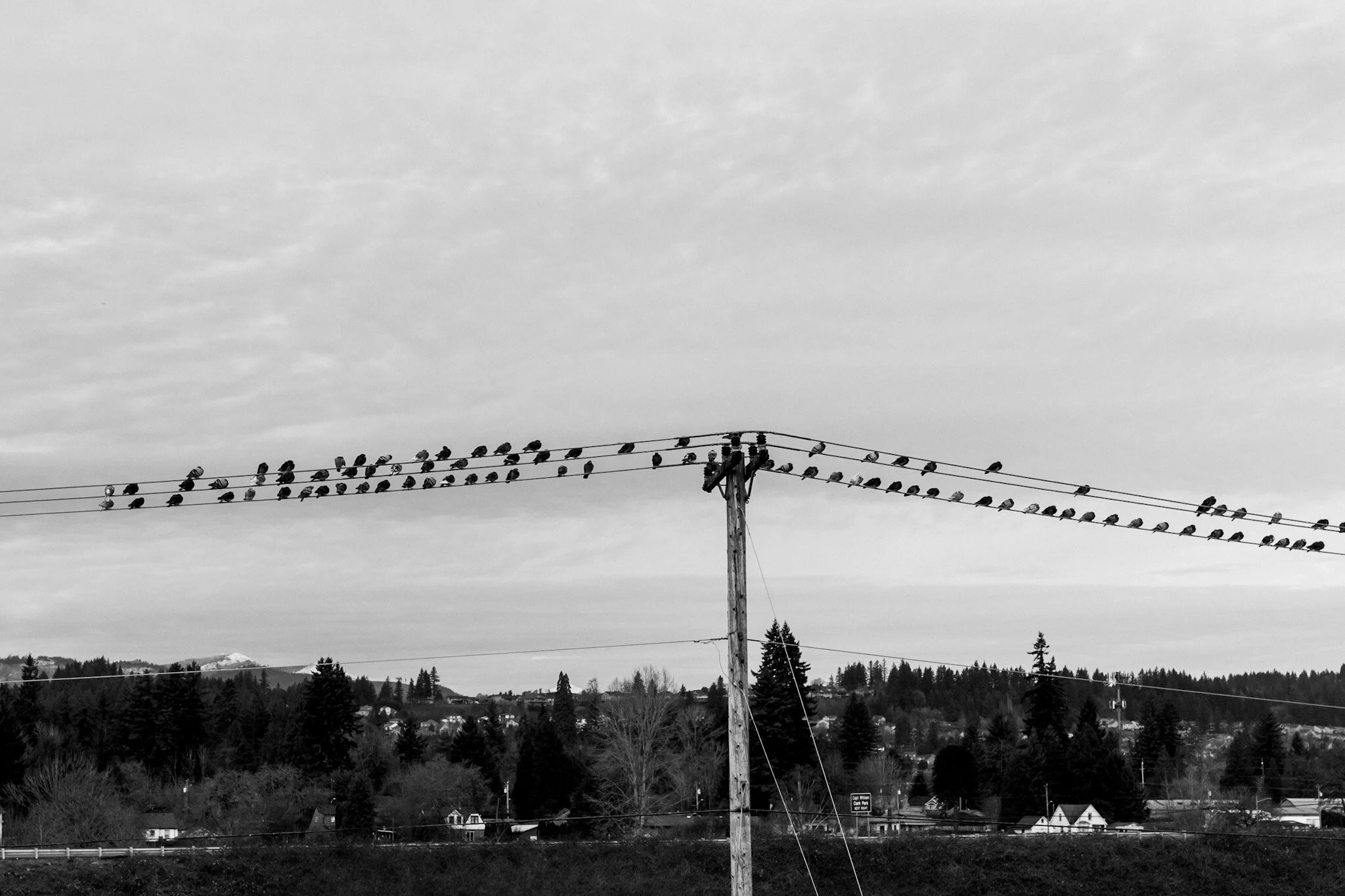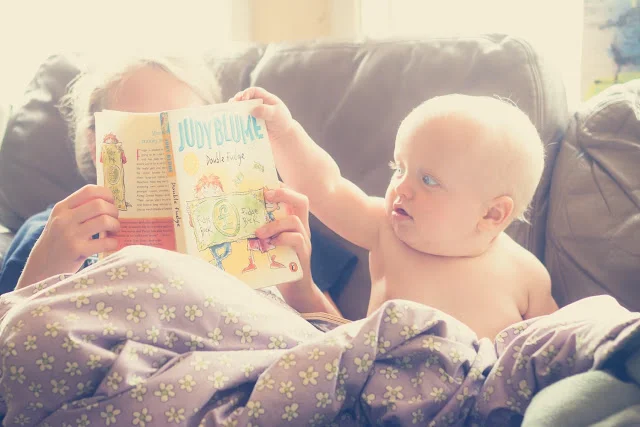Greg Iles (this is how I make friends).
Microfriendships.
When do you start calling someone a friend?
I don’t know. I’ve gotten a lot more proactive about it. I read Lincoln in the Bardo in 2019, and was talking to someone about it and who recommended it. I said “my friend Lindsay,” and then I thought “is she my friend? Or is she the mother of my daughter’s friend?”
And I decided this: I talk books with her, and she not only recommended a book specifically to me, but loaned her own copy. Therefore…she is my friend.
I have decided that when I walk into somewhere and they smile at me and seem happy to see me, to engage and talk, and perhaps to remember my name, that I am going to begin not only thinking of them as my friend, but referring to them as my friend.
What’s the big deal? Am I overthinking this? Does it matter what the identity of someone is in context to you? On the one hand…no. But on the other hand…a big yes. We all need community and connection, and why not proactively acknowledge those little micro steps that take you one click closer to friendship? I didn’t say best friends. I said friends.
Kristi.
“Hi Kristi,” I said as I marched up to the front desk, carrying one child and leaving another to roam his way around the book stacks.
”Hi!” She said, not waiting for me to ask the question she knew I was going to ask. “I’m reading one I’m really enjoying this week! The Impossible First by Colin O’Brady. You’re probably familiar with it?”
”No!” I said, excited. “I’m not!”
She went on to tell me about the adventure athlete’s crossing of Antarctica, and I was sold. On the list.
Untitled friends.
I grabbed a handful of Caldecott honor books off the hold shelf (I’ve been shooting a little photo series with them over the last decade). I get excited about stuff like that. A senior woman pulled a book off the shelf down the stacks.
”How are you?” I smiled.
”Oh…” she sighed. “Too many books. I can’t afford to die yet. Too many books I still need to read!”
I nodded. “What are you reading today?”
“Have you read Greg Iles?” She asked. “Natchez Burning is excellent. And Spandau Phoenix is good too.”
Another senior woman poked her head in. “If you’re into World War II books then you have to read Flight Girls. Also, The Mathews Men: Seven Brothers and the War Against Hitler’s U-Boats. Very good. That one’s about the Merchant Marines.
”Interesting,” I nodded. I enjoy World War II history and fiction sometimes, and -“
She cut me off. “And Ghost Ship is another good one. Although it’s not World War II.”
”I also read non-World War II books,” I said. “I recently read - “
”If you’re really into World War II books,” she said, “you need to read Tears in the Darkness: The Story of the Bataan Death March and Its Aftermath. It’s about what happens after the Bataan Death March in the Philippines.”
“Well thank you,” I said. “I will not be lacking for good World War II books for a while.”
“Also,” she said, “you’ll want to read The Heart and the Fist. It’s not World War II, but it’s about Navy Seals and their training. You’ll like that one too.”
”Greg Iles,” my first senior friend said, “also wrote some other ones that are very good. Mississippi Blood is one I think you’d like.”
”Well thank you again for your recommendations,” I said, “and enjoy your reading this week!”
I said goodbye to my new friends, and if I ever start to run low on books to read, especially ones concerning mysteries in the South, or ones about Navy SEAL training, or ones regarding World War II, then I am set.
And that is pretty much how my microfriendships happen.












